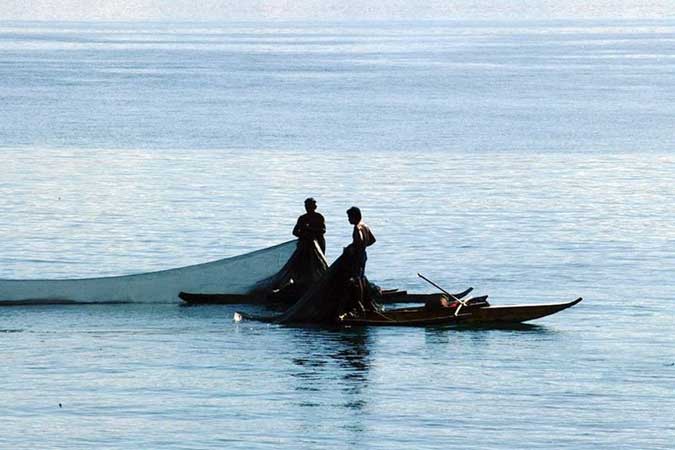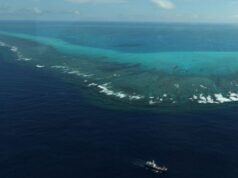Agri dep’t says Filipinos continue to fish in West Philippine Sea with gov’t support

INCREASED government presence at the West Philippine Sea has allowed Filipino fishermen to continue operating in the area, according to the Department of Agriculture (DA).
The DA’s Bureau of Fisheries and Aquatic Resources (BFAR) said in a statement on Tuesday that 108 commercial fishing vessels from Bataan and Zambales, 20 from Pangasinan, 19 from Palawan, and two from Occidental Mindoro have been fishing in the West Philippine Sea since January.
Agriculture Secretary William D. Dar said the West Philippine Sea has a significant share to the country’s food security due to its abundance of fish supply.
“Our increased presence in the area, through the BFAR’s floating assets, is the DA’s way of ensuring that our fisherfolk are able to enjoy access to our fishery and aquatic resources in the West Philippine Sea, while ensuring at the same time that these activities are within sustainable and rational means,” Mr. Dar said.
BFAR said there are currently five monitoring, control, and surveillance (MCS) vessels and one multi-mission offshore vessel deployed at the Kalayaan Island Group and one MCS vessel at the area of Bajo de Masinloc to protect and assist venturing Filipino fisherfolk.
It added that programs on fisheries development and regulation are being provided to provinces and coastal communities facing the West Philippine Sea aside from patrolling activities.
Recently, militant fishers’ group Pambansang Lakas ng Kilusang Mamamalakaya ng Pilipinas (PAMALAKAYA) said the income of Filipino fishermen operating near the West Philippine Sea dropped 70% due to Chinese presence in Scarborough Shoal.
The group disclosed that the average income of a small fisherman fell to P300 compared to P1,000 per fishing trip and asked for government intervention.
An arbitral ruling in 2016 rejected China’s claim that it had sovereign and historic rights in the South China Sea. Amid the ruling, the Philippines filed several diplomatic protests against China as a result of their intensified presence in the highly disputed area. — Revin Mikhael D. Ochave



